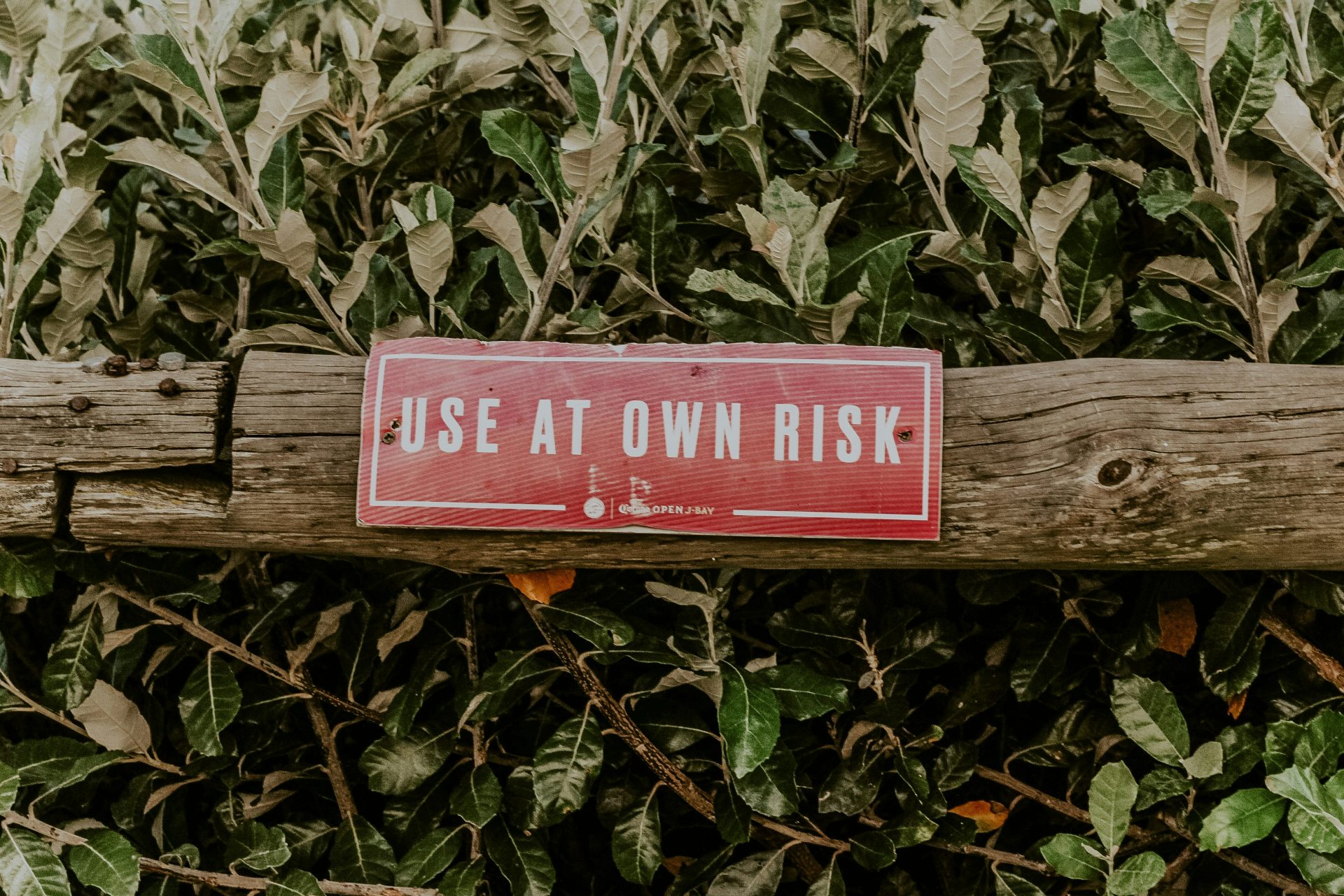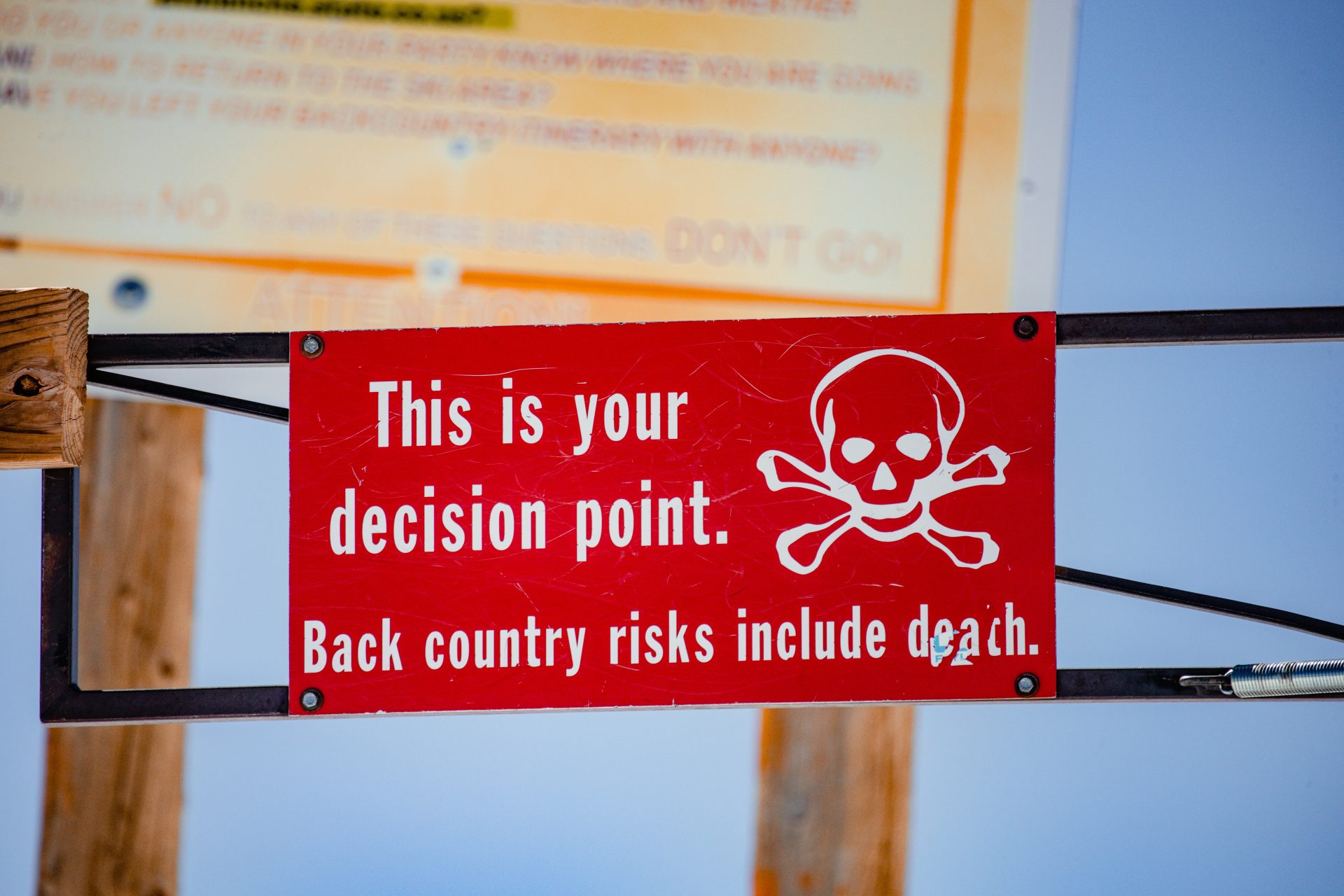Research reveals God helps American Christians take risks
Thinking about God can inspire believers to take risks according to new research. But is it belief that’s helping some take a leap of faith? Or do the religious really think that their faith will protect them when taking risks?
Published in the Journal of Experimental Social Psychology, the new research provides a new dimension to the age-old question of God’s role in the lives of those who believe the Almighty will protect them from harm.
Photo by Joel Muniz on Unsplash
There’s always been a theoretical link between a belief in God and risk taking according to the lead study’s author, Cindel White. However, previous research on the topic hadn’t been studied and tested in a scientific manner.
Photo by Loic Leray on Unsplash
That’s why White and her fellow researchers Chloe Dean and Kristin Laurin developed a way to gauge how a person’s belief in the Almighty affected their risk-taking behavior. But how did they study this weird topic?
Photo by Pedro Lima on Unsplash
According to a press release from York University, the researchers looked specifically at American Christians, a group of religious people known for their belief in a higher power that works to protect them from harm.
Photo by Edward Cisneros on Unsplash
The researchers also focused on something they called “morally neutral” risks, which is a concept that needs a bit of an explanation since understanding morally neutral risks is key to understanding the study’s findings.
Photo by janilson furtado on Unsplash
White explained that previous research into the topic of religious belief and risk revealed that those who believe in a higher power are less likely to take risks that have any “moral connotations” tied to them.
Photo by Jametlene Reskp on Unsplash
One example White used was drug use. Even if someone believed in God, it would not would not be used as a justification to to undertake a risky behavior that would not be a morally sound one in the eyes of God.
Photo by Gift Habeshaw on Unsplash
Religious people are more likely to feel “encouraged by God” to take on risks when they are morally positive. The example White used in her explanation was taking a risk to help a person in need.
Photo by Alex Woods on Unsplash
Instead of focusing on morally good risks, however. The researchers looked at risks that had no positive or negative morality tied to them so that they could accurately examine how religious belief factored into risk-taking.
Photo by Nosiuol on Unsplash
Risk scenarios like recreational mountain climbing, moving to somewhere new to pursue a new career opportunity, or a variety of social and career-based risks help establish how belief in God affects risk behavior.
Photo by Arnaud Mariat on Unsplash
The researchers recruited 350 religious people to participate in their study, of which 309 met their strict criteria as American Christians and a risk was defined as: “A risky activity is one that has uncertain consequences.”
Photo by Joshua Sukoff on Unsplash
A further explanation of what risk meant was described by the researchers as follows: “It could be dangerous and cause you harm, or it could really pay off, for example with material benefits, or with the thrill of the experience.”
Photo by Fer Nando on Unsplash
“Our carefully designed study confirmed that those who believe God will protect them from negative consequences will feel more confident in pursuing potentially dangerous or uncertain activities because of a perceived safety net,” White explained.
Photo by Jasmin Ne on Unsplash
Unfortunately, the research doesn’t provide any insight into how religious risk takers vary from non-religious risk takers and if the religious are more likely to take risks, but White noted their belief in a sense of safety God brings to the religious might help.
Photo by Greg Rosenke on Unsplash
“These results support the argument that as Christians go through their daily life, these beliefs about God can be used to make them feel better if they choose to pursue a risk,” White explained.
Photo by Nina Strehl on Unsplash
More for you
Top Stories





























